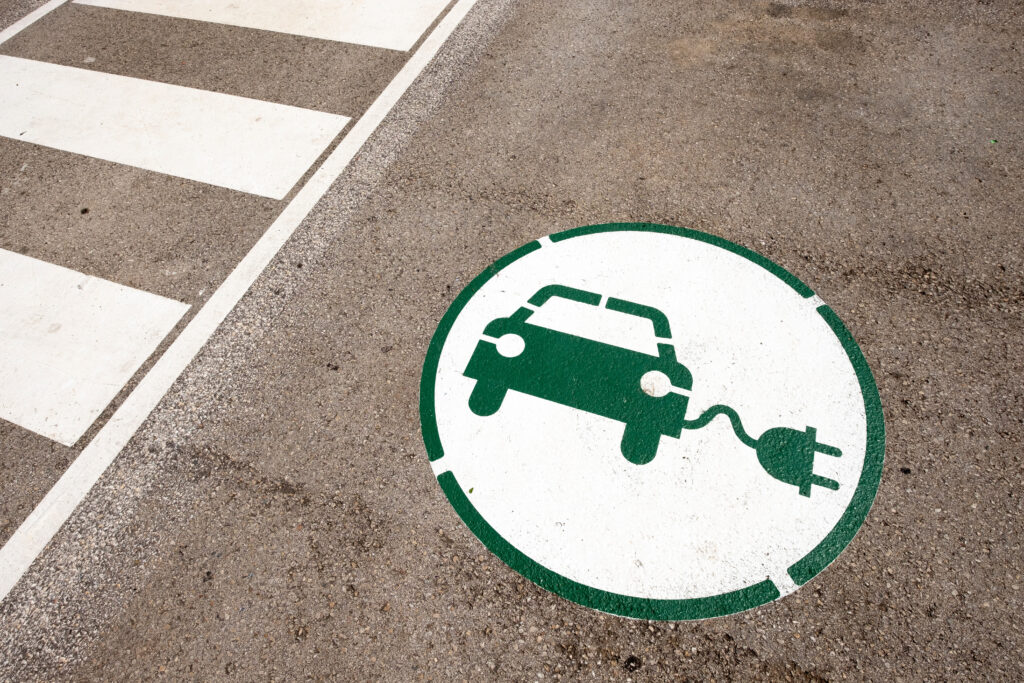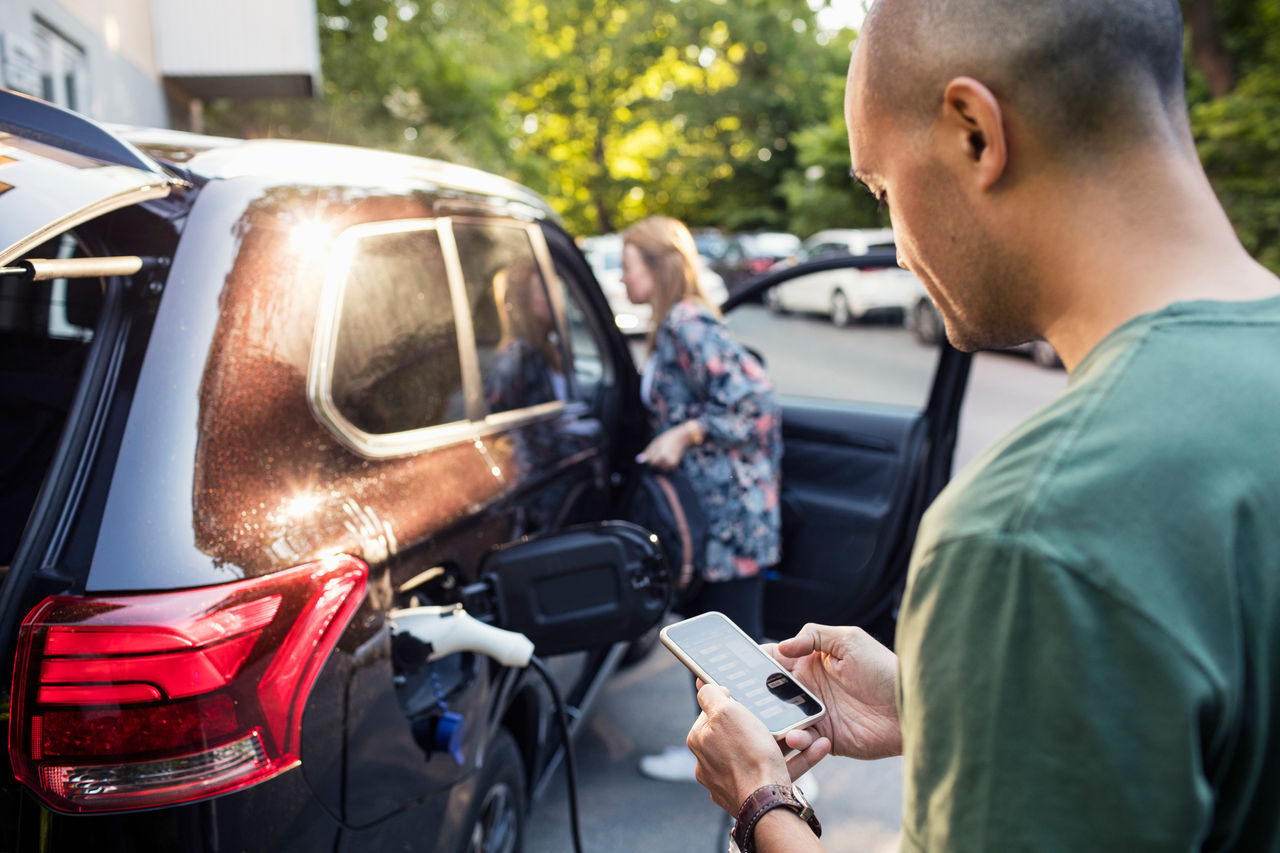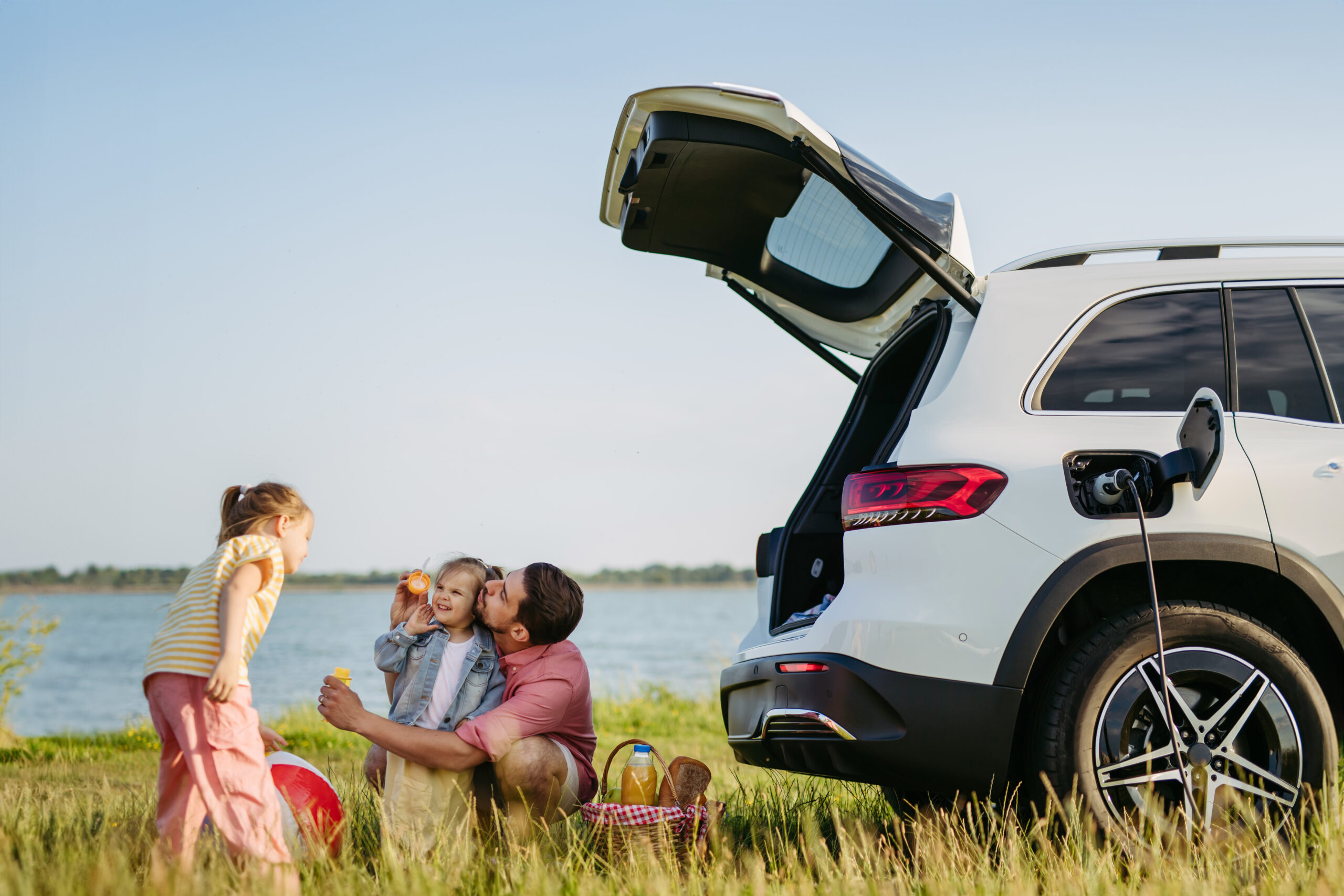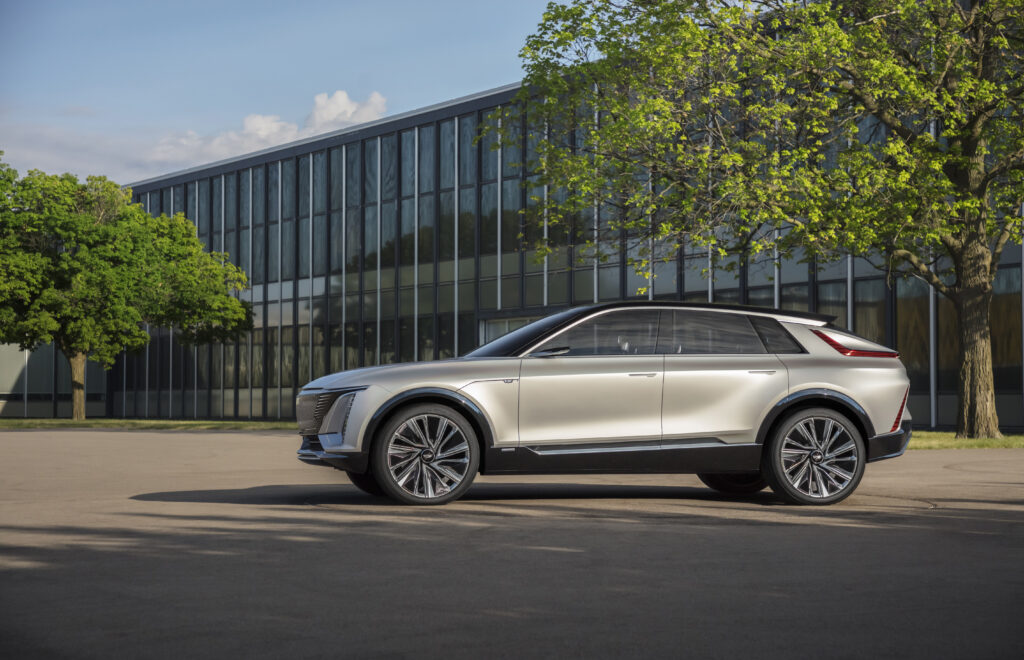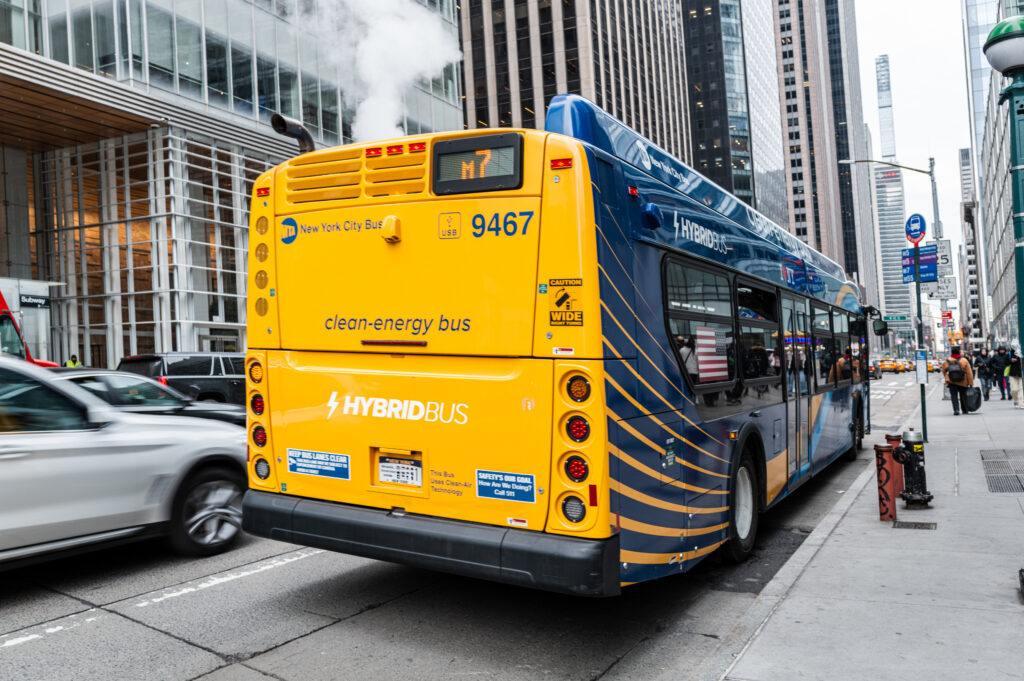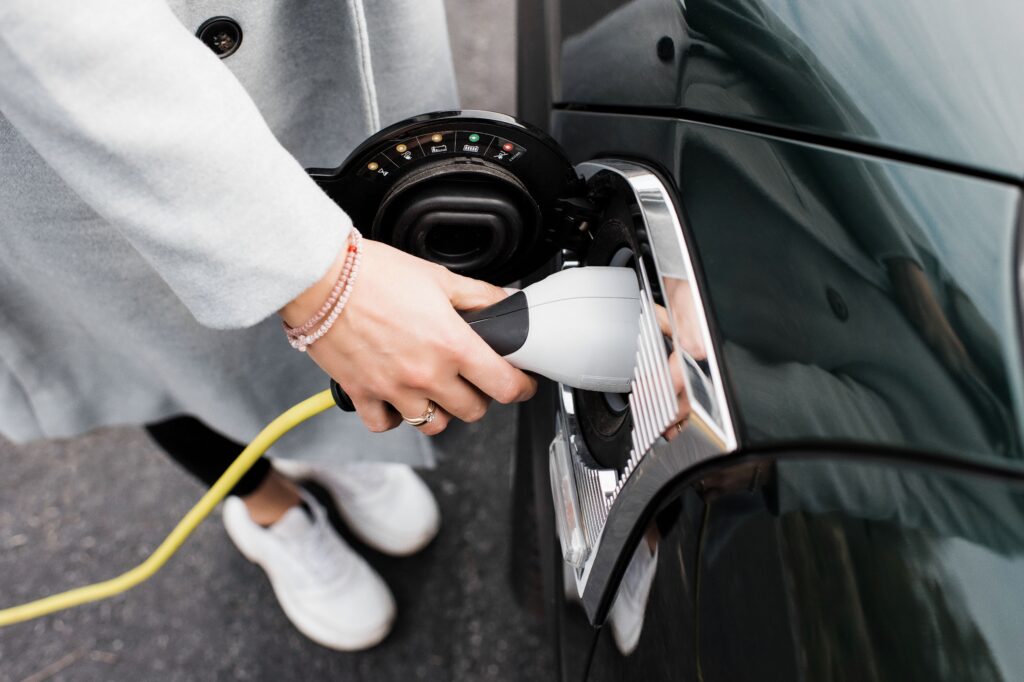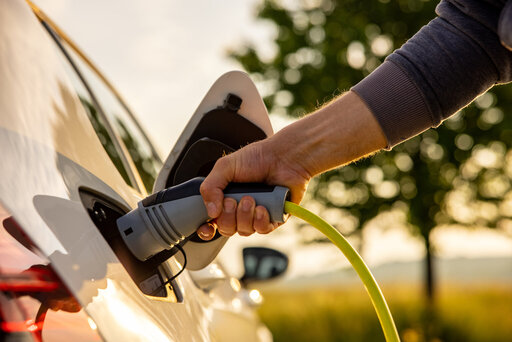
The fundamental difference between electric vehicles and gas-powered cars is, of course, the source of energy. For the most part, the battery found in an EV provides greater peace of mind than an engine. No more frequent visits to the gas station, far less maintenance, the complete absence of harmful emissions, etc.
But this doesn’t mean batteries come with no considerations. There are several important aspects about these power sources that EV owners need to know about.
The vast majority of EVs utilize a lithium-ion battery, which provides greater energy density and a longer-lasting charge than other rechargeable batteries. Lithium-ion batteries are also found in your cellphone and laptop. You’ve probably noticed that as years go on, these devices don’t hold a charge as well as they originally did, causing their batteries to deplete much faster.
The same holds true for the lithium-ion batteries in EVs, which have a limited number of charging cycles. EV batteries will slowly lose capacity over time, a process known as battery degradation. Studies have shown that EV batteries typically lose about 5-10% capacity over the first five years on the road.
While battery degradation is inevitable, there are several steps you can take to ensure your battery lasts as long as possible.
Don't Overcharge
EV charging is non-linear, meaning it takes more time and energy to charge the battery’s last 20% capacity. This extra work is taxing on the battery. Therefore, it’s recommended to charge your EV battery only up to 80%. Many fast-charging public stations will cut off charging or switch to slow charging once a battery reaches that level.
Avoid Low Charge Levels
EV charging is non-linear, meaning it takes more time and energy to charge the battery’s last 20% capacity. This extra work is taxing on the battery. Therefore, it’s recommended to charge your EV battery only up to 80%. Many fast-charging public stations will cut off charging or switch to slow charging once a battery reaches that level.
Minimize Fast Charging
Level 3 charging, also known as DC Fast Charging, provides the unique benefit of being able to add 60-80% of a battery’s charge in as little as 30 minutes. However, pressing so much current into a battery in such a short time can strain the battery. You should only use fast charging when necessary. Level 3 is ideal for a quick recharge on a road trip, but Level 2 is kinder to your car’s battery.
Stay Within a Comfortable Temperature Range
EV batteries do not like the extreme ends of the thermostat. Prolonged exposure to intense heat or cold will not only impact the battery’s efficiency, it could also speed up degradation.
It’s important for EV owners, and especially used-EV shoppers, to know the exact state of a vehicle’s battery. Fortunately, there are several ways to find this information out. Current owners can simply see what the estimated range is after they fully charge their car, then compare that to the range when they first purchased the vehicle. If your EV originally boasted a 200-mile range, for example, but now a fully charged battery only provides 180 miles, the battery’s capacity has dropped 10%.
For a more precise status update, head back to the dealership, where the service department can provide a detailed report on your vehicle’s battery health. Used car shoppers can also get a copy of such a report and will want to examine this document carefully.
Finally, EV owners can look to third parties for status updates. Companies like Recurrent offer automated battery health reports. Shoppers can also utilize this tool to check on the battery condition of a particular EV they have their eye on, simply by plugging in the car’s VIN.
The good news in regard to EV batteries and their potential decline is that these power sources are covered by a warranty that could very well last the length of the ownership. Federal regulations require automakers to provide an EV battery warranty of at least eight years or 100,000 miles. Some car companies go even further. Hyundai, for example, offers a 10-year/100,000 mile warranty on all its EV batteries, while the Tesla Models S and X come with eight-year/150,000-mile protections.
While the length of EV battery warranties may be similar, they are not all created equal. Some cover the replacement of a battery once its capacity drops below a certain percentage (usually around 60-70%), while others will only protect against a completely failed battery.
Many battery warranties are transferable, allowing used EV buyers to inherit whatever time and mileage remains on the original warranties. However, this practice is not universal. If you’re in the market for a secondhand EV, make sure to learn if the warranty will rollover.
If your EV battery has finally reached the end of the road and your warranty has already expired, you’ll need to replace it. The battery is one of the most expensive components of an EV, so a new one won’t be cheap. The exact cost of this repair varies significantly based on car model, but you should expect to pay several thousand dollars. More powerful batteries, however, could run well into the five-figure range.
AAA’s Recommendation: Whether you own an electric vehicle or a gas-powered car is up to you – and you should consider lots of factors in making that choice. No matter what type of vehicle you’re choosing, we recommend visiting a dealership, test driving one, and asking as many questions as possible to make an informed decision.

